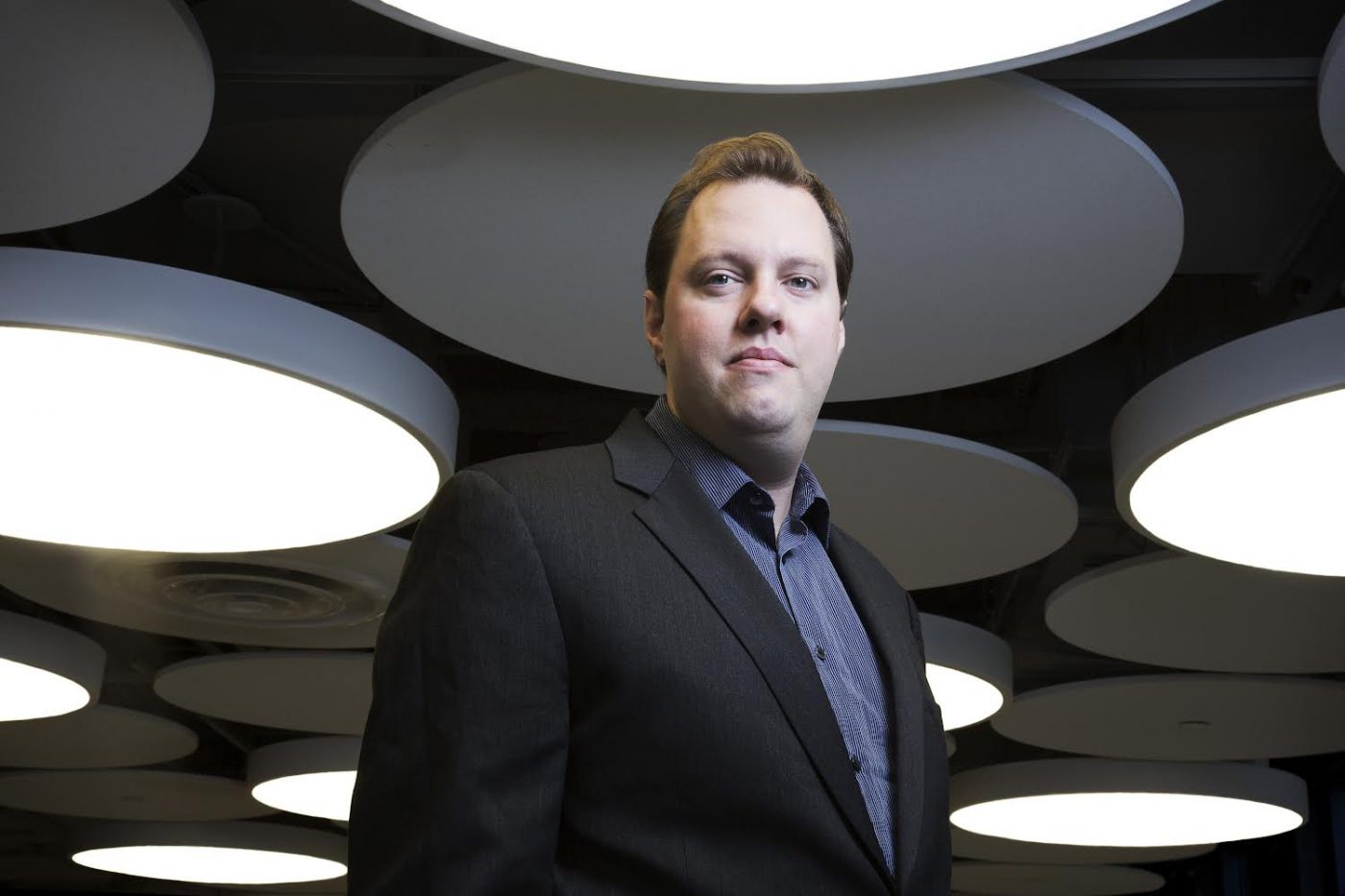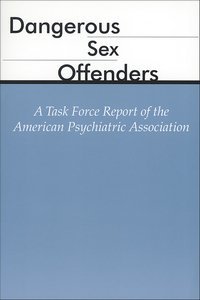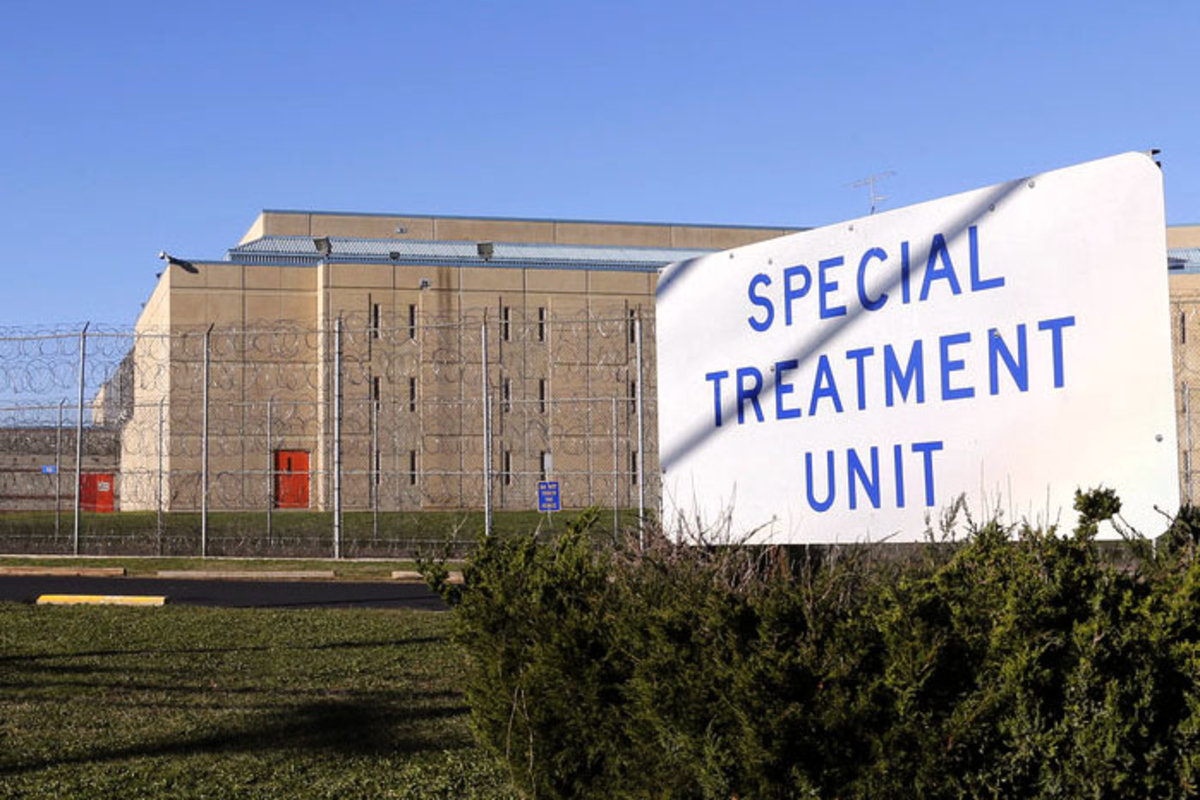There is a shadow prison system in the U.S. designed to indefinitely detain some people after their release dates for what they might do in the future
What is a shadow prison?
Shadow prisons are carceral settings that operate outside the traditional criminal legal system, are often obscured behind a veil of secrecy, and violate legal norms by denying those they target access to vital legal protections against wrongful detention. Shadow prisons are the physical buildings and facilities that incarcerate persons under these shadow legal systems. However the term also refers to the existence of systems and spaces that incarcerate people beyond the established paradigm of jails and prisons used by law enforcement and the courts to sanction illegal conduct.
Are there different kinds of shadow prisons?
The term shadow prison has been applied to a wide range of lock-up facilities that are animated by a legal justification beyond (and parallel to) the traditional criminal legal system. Examples include putatively ‘civil’ immigration detention facilities as well as prisons used to hold exclusively non-U.S. citizens. We primarily use the term to describe post-sentence, ‘civil’ confinement systems targeting persons with a sex-related conviction.
There is some diversity in how these systems are run in the U.S. Some states house their pre-crime preventative detention schemes inside regular prisons (e.g. the “Commitment and Treatment Program” at FCI Butner in North Carolina run by the Federal Bureau of Prisons (BOP), or the “Special Treatment Unit” (STU) housed inside the New Jersey Department of Corrections (DOC), depicted above). Other states house their shadow prisoners under the auspices of the state’s mental health agency (e.g. VCBR is a Virginia DBHDS facility, New York’s Office of Mental Health holds shadow prisoners at their Central New York Psychiatric Center in Marcy, NY and their St. Lawrence Psychiatric Center in Ogdensburg, NY). Regardless of the label applied to the facility by the state, these are all examples of shadow prisons because they operate beyond the protections and legal authority of the traditional criminal legal system.
Where does the term come from?
The origin of the term “shadow prison” to refer to carceral spaces beyond the traditional “criminal justice” system, more commonly described today as a criminal legal system, is unclear. “Shadow” has long been used as a descriptor marking something that is hidden or secret (invoking darkness), or something that is parallel and outside the normative system (referencing the movements of a person’s shadow). In this case, both senses of the term perfectly fit the hidden, parallel functions of a shadow prison as compared with the regular prison system.
Named By Lived Experience
In 2018, while incarcerated past his release date under Virginia’s system of pre-crime preventative detention, Galen Baughman coined the term “shadow prison” to describe his lived experience of post-sentence ‘civil’ confinement in explicitly punitive settings. This was Virginia’s second attempt to indefinitely detain Baughman, and was later declared unlawful by the Supreme Court of Virginia. Cumulatively, Baughman was forced to spend 66 months of his life incarcerated pre-trial under Virginia’s so-called “Civil Commitment of Sexually Violent Predators” Act (SVPA), most of that time in solitary confinement at the local county jail in Arlington, VA.
“Shadow prisons in the US are a dystopian nightmare come true where the state can lock someone up for what they might do in the future,” Baughman says. “These legislative schemes are ‘civil’ in name only, represent a dangerous departure from the rule of law, and violate a foundational principle of the social contract — no one should be imprisoned for imaginary future crime.”

Galen Baughman, Soros Justice Fellow
Just Future Project is the result of Baughman’s 2015 Soros Justice Fellowship project, and was founded from behind the walls while he was imprisoned fighting the Attorney General of Virginia’s illegal second petition to condemn him to life in Virginia’s shadow prison. Our use of the term shadow prison applies almost exclusively to systems of pre-crime preventative detention targeting persons living with a past sex-related conviction.
Words matter
Why should you avoid using the state’s language?
There is power in naming things. Just Future Project strongly encourages avoiding the use of terminology designed by the state to rationalize shadow prisons and disguise their true purpose. Labels like “civil commitment,” “sexually violent predator,” and even the use of the term “resident” to describe shadow prisoners held against their will in explicitly punitive settings are antithetical to transparency and understanding. This sanitized language was originally designed to confuse the issue and makes it more difficult to advocate against these systems. Continuing to use such terms directly validates and perpetuates the logic of these systems.
Sanitized language obfuscates an unconstitutional practice
State actors routinely employ obfuscating language to refer to systems that operate beyond the confines of the traditional legal system. The dominant narrative advanced by the state is designed to support the pretextual justifications for such systems. Systems of pre-crime preventative detention are described by the state as “sex offender civil commitment” (SOCC) laws as a strategy to disavow any punitive intent and mask their “not-a-prison” prisons as “treatment facilities” under the long-established (yet still controversial) involuntary psychiatric commitment.

A flagrant violation of human rights
The American Psychiatric Association (APA) has formally opposed systems of pre-crime preventative detention since 1998. For the past 24 years, they have held that these so-called “sex offender civil commitment” schemes are not bona fide systems of involuntary psychiatric commitment, but instead represent a “misuse of psychiatry” and rely on “circular [logic].” The UK High Court has called these American laws a “flagrant” violation of international human rights standards.
Guidance on language
Just Future Project encourages advocates to call these systems what they are — “shadow prisons” and “pre-crime preventative detention” schemes — and intentionally hold individual state actors accountable for their actions supporting them. This approach avoids confusions with genuine involuntary psychiatric commitment laws.
To the extent possible, we encourage entirely avoiding the term “civil commitment.” Alternatively, sanitized state language should be placed in quotation marks if it must be used, preceded by the qualifier “so-called.” This helps to emphasize that these are shadow prisons and the persons in them are shadow prisoners incarcerated for what they might do in the future — or, perhaps more accurately, incarcerated twice for the same crime.
For more guidance on communications strategies in advocacy, please visit our communications page.
CLICK HERE for a printer-friendly PDF of this page.





